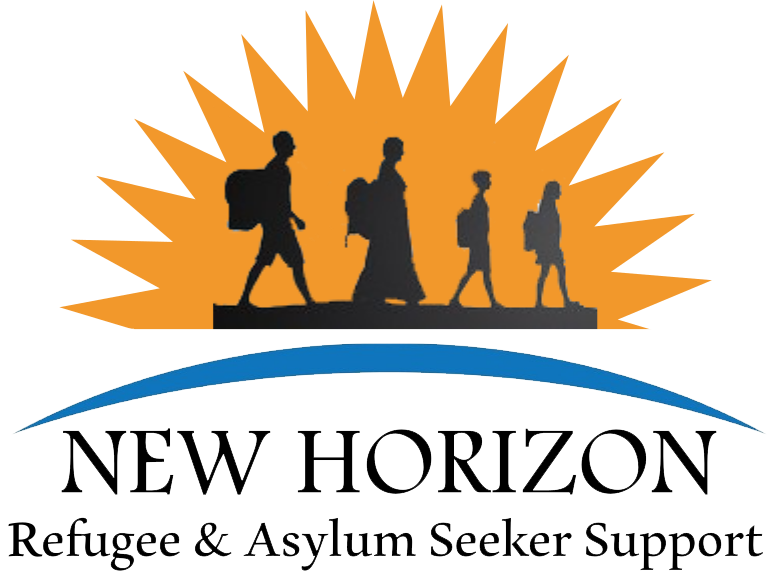Definition of a Refugee

The main international body involved in refugee protection is the United Nations High Commission for Refugees (UNHCR).
The governing documents are:
- Convention on Human Rights
- Convention on Protection of Refugees
Other relevant conventions exist on racism, human rights, status of women and rights of the child.
UNHCR ‘ people of concern’ are:
- Internally Displaced People (IDP), people who are homeless but who are still in their country of origin
- Refugees, people who are homeless and not in their country of origin
- Returned refugees, people returning to their country of origin
The UNHCR defines a refugee as:
“A person who owing to a well-founded fear of being persecuted for reasons of race, religion, nationality, membership of a particular social group or political opinion, is outside the country of his nationality and is unable or, owing to such fear, is unwilling to avail himself of the protection of that country; or who, not having a nationality and being outside the country of his former habitual residence as a result of such events, is unable or, owing to such fear, is unwilling to return to it..”
The UNHCR Convention on the protection of Refugees in Ireland is implemented by the Illegal Immigrant (Trafficking) Act (2000), the Immigration Act (2003) and the International Protection Act (2015).
The UNHCR defines a refugee as:
- People who are outside their country of origin
- Unable to return due to a well founded fear of persecution
It is not possible to be granted refugee status in Ireland unless you meet these requirements. If you do not fully meet these requirements it may be possible to be granted subsidiary protection.
You must show that there is a real threat in the future to yourself, and that you cannot be protected elsewhere in your country. You must also show why Ireland should be responsible for your protection.
Important!
If you have left your country in order simply to find a job or a better life you cannot be classified as a refugee under international law.
Persecution may be on religious, social or ethnic grounds. It may be carried out by a government or government agency. If a person is being persecuted by a non-government agency, refugee status may be obtained if it can be shown that a government agency, such as the local police, has failed to protect them.
